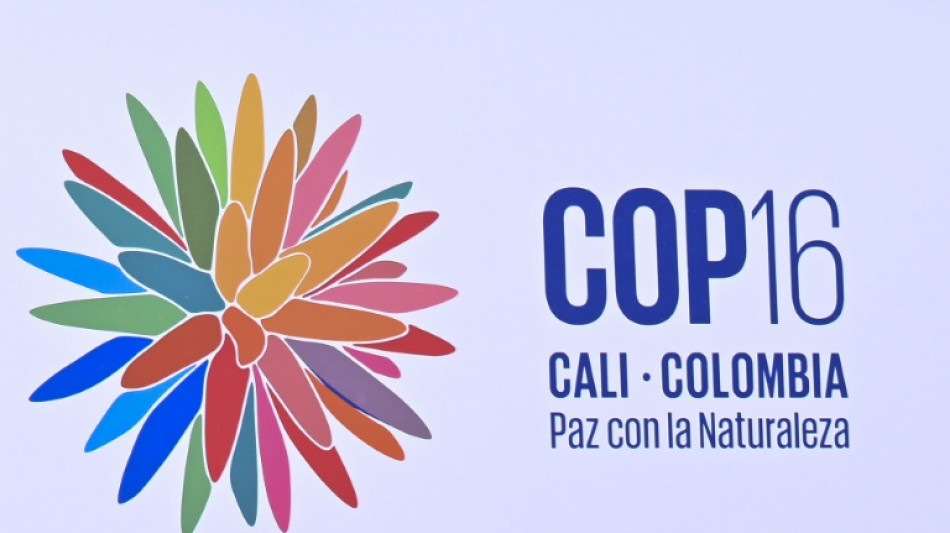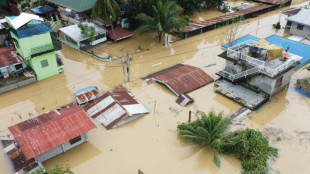

UN biodiversity summit opens under guerrilla threat in Colombia
The world's biggest nature protection conference gets a ceremonial kickoff in Colombia Sunday with host city Cali on high alert after threats from a guerrilla group.
UN Secretary General Antonio Guterres will make a video address to guests gathered for the event attended by Colombian President Gustavo Petro, who on Friday said he was "nervous" about security.
The high-stakes UN biodiversity gathering officially opens Monday under the protection of thousands of Colombian police and soldiers, aided by UN and US security personnel.
Armed police could be seen patrolling the city center, conference venue and airport Sunday.
About 12,000 delegates from nearly 200 countries, including 140 government ministers and a dozen heads of state are due to attend the 16th Conference of the Parties (COP16) to the UN Convention on Biological Diversity (CBD), running until November 1.
Themed "Peace with Nature," it has the urgent task of coming up with monitoring and funding mechanisms to ensure that 23 UN targets agreed in 2022 to halt and reverse species destruction can be met by 2030.
But Colombia's EMC rebel group, a splinter of the FARC guerrilla army that disbanded in 2017, has cast a shadow over the event by urging foreign delegations to stay away and warning the conference "will fail."
The threat came after EMC fighters were targeted in a military raid in the southwest Cauca department, where the group is accused of engaging in drug trafficking and illegal mining.
Cali is the nearest big city to territory controlled by the EMC, which has been engaged in fraught peace negotiations with the government.
Petro said Friday: "We are all nervous (hoping) that nothing bad happens... There are those who would like it (the meeting) to be a showcase of violence and death."
Cali's mayor Alejandro Eder insisted, however, that "we have been working since February to safeguard the city of Cali... We have more than 10,000 police officers, we also have detachments of the Colombian Armed Forces guarding the entire perimeter of the city. We have air protection, protection against drones."
- Time running out -
The delegates have their work cut out for them, with just five years left to achieve the UN goal of placing 30 percent of land and sea areas under protection by 2030.
World-renowned British primate expert Jane Goodall warned ahead of the summit that there was little time to reverse the downward slide.
"The time for words and false promises is past if we want to save the planet," Goodall told AFP this week.
According to the International Union for Conservation of Nature (IUCN), which keeps a red list of threatened animals and plants, more than a quarter of assessed species -- about a million altogether -- are threatened with extinction.
To try to reverse the trend, the so-called Kunming-Montreal Global Biodiversity Framework adopted ambitious targets for 2030, progress on which COP16 is meant to assess.
Carlos Ignacio, a representative of a Guatemalan Indigenous association who traveled to Cali for the event, told AFP he hoped that COP decisions will be "driven by nature, not business. Because what's the point of having money if I don't have a place to live?"
Host Colombia is one of the most biodiverse countries in the world, and Petro has made environmental protection a priority.
But the country has struggled to extricate itself from six decades of armed conflict between leftist guerrillas such as the EMC, right-wing paramilitaries, drug gangs, and the state.
Ch.Driskell--IP




